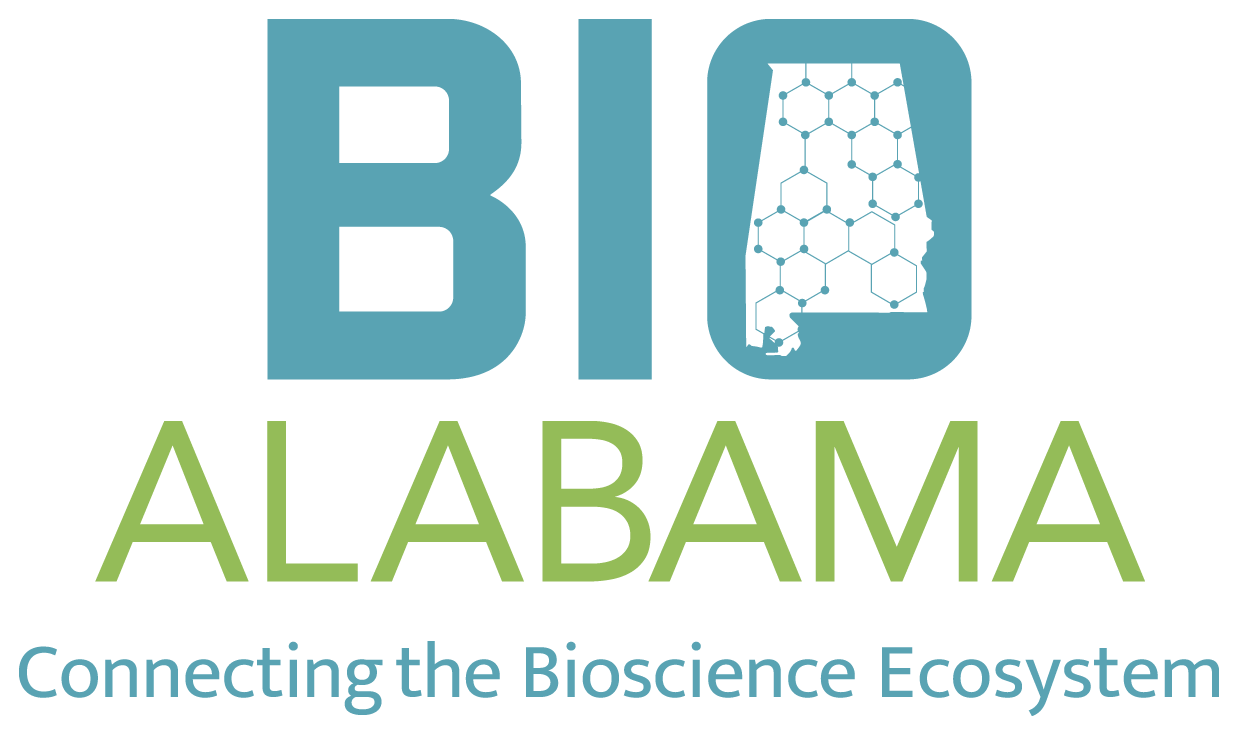Alabama Minority-Owned Company Tackles Healthcare
Disparities with Trust & Data Science
Conversations around health disparities and the call for minority data amidst COVID-19 are gaining local, national, and social media attention. Over the last few days, it has been disclosed that the African American community is being hit harder by Covid-19 than others. There are many potential reasons for this disparity. More data is needed. One Alabama based minority-owned company, Acclinate Genetics, can help provide data to: the minority community, politicians, federal agencies and pharmaceutical industry. The data can be provided to the medical community at large, which often leaves out black and brown people in testing and yes, even in genomic research and clinical trials. Nearly 40% of Americans belong to a racial or ethnic minority, but the patients who participate in clinical trials for new drugs skew heavily white, in some cases, 90 percent. Acclinate is taking a step back and is calling for engagement and education, first, as it relates to health equity in drug development and vaccine development. Even in their business model, their focus isn’t the software as a solution data platform, it’s people first, then technology.
According to Acclinate Genetics Co-Founder and Chief Executive Officer, Del Smith, PhD, health disparities is a much larger problem where economics, education, and healthcare must be evaluated. He cautions that if we’re not careful, once COVID-19 is no longer the headline, these conversations will end and no real solutions will be in place to impact long term, systemic change.
“These are new conversations around a real old problem, health disparities among minorities. COVID-19 is simply shining the spotlight on it now,” said Smith. “Yes, we need data, but first we need trust. We [Acclinate Genetics] cannot solve the entire problem, but we are hyper focused on solving the equity in drug and vaccine development problem by diversifying genomic research and clinical trials,” Smith adds.
Acclinate Genetics is gleaning lessons learned right from its own state, Alabama….the state where clinical trials came under fire after the misguided Tuskegee syphilis trial that spanned four decades from 1932-1972. A state where 95.64% of the land area has a rural status and many people have limited access to healthcare. A state where Acclinate Genetics was recently recognized as a winner of Alabama Launchpad’s business pitch competition. Interestingly, they feel that the state with a deep history of challenges related to race and clinical trials can be the state to provide a sustainable solution.
“Trust begins with a relationship. The key to diversity is inclusion, at Acclinate we strive to include minorities in conversations, not as a statistic, as a human being. After living a life of adversity I understand many of the struggles minorities face first hand,” said Tiffany Jordan, Co-Founder and Chief Development Officer at Acclinate Genetics.
Acclinate Genetics' approach to closing the health disparities gap starts with what they call activation points.
College Ambassadors: Acclinate Genetics is partnering with Historically Black Colleges & Universities (HBCU), starting with the fifteen HBCU’s who call Alabama home and with support from state leaders. The goal is to engage college age students who are looking to increase knowledge about health issues and make a difference in personalized healthcare for all. Furthermore, they hope to position college students as ambassadors to ensure they are educating their families, communities and campuses, for the generations before and after them.
“Minority college age students are sandwiched between generations who need them. Their parents and grandparents need help navigating the health system. Their siblings, cousins and younger friends need help with making health a priority in an effort to break the cycle of common often preventable health issues among minorities, especially black, including heart disease, diabetes, and obesity,” Jordan adds.
They plan to expand their ambassador program to Latino, Tribal, and Asian American associations, too.
Speech & Debate: Just weeks before the nation began social distancing, Acclinate Genetics partnered with the National HBCU Speech and Debate Association. The serious topic of health disparities among minorities was the issue debated at the National HBCU Speech and Debate Championship held February 28-March 1, 2020 at Prairie View A&M University in Prairie View, Texas.
Why speech and debate? To include minorities in the conversation and to expand the historic tradition of HBCU exceptionalism and societal equity through speech and debate excellence, free speech, and civic engagement.
“To be included in the conversation around the efficacy of medications, the process to engage in a clinical trial, and the future health of our country and world is a trust problem, “ adds Jordan. “To be invited to the table and heard is so important. As a minority-owned small business founded in Alabama, a state with a difficult past in regards to clinical trials, we are ready to change the narrative.”
Once educated & engaged, minorities are invited to join Acclinate’s enhanced Diversity In Clinical Trials (e-DICT) Program which uses data science to create personalized and actionable steps to impact change. The ultimate mission is to achieve health equity and personalized
healthcare for all by diversifying genomic research and clinical trials. The platform exists to provide meaningful information about how medicines work for people of color and minority populations. The e-DICT Program will engage and employ strategies to encourage greater participation among diverse subgroups that have consistently had low participation rates in clinical trials.
###
About Acclincate Genetics: Acclinate Genetics is a healthcare solutions provider integrating culture and technology to give commercial and government clients analytical healthcare insights. Our experts research, design, and implement solutions in the areas of healthcare analytics and participant engagement for genomic research and clinical trials. Located in HudsonAlpha Institute for Biotechnology, Acclinate is a Veteran and Minority Owned Small Business located in an Opportunity Zone. Learn more at acclinategenetics.com. Connect on LinkedIn.
Media Contact:
Tiffany Jordan
tiffany@acclinategenetics.com
(256) 322-2387 cell
(256) 435-2800 Office

